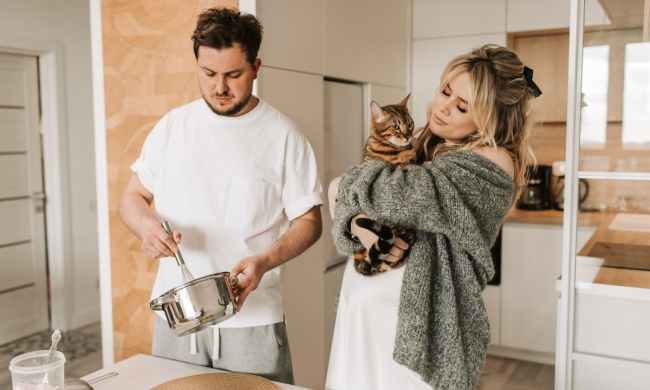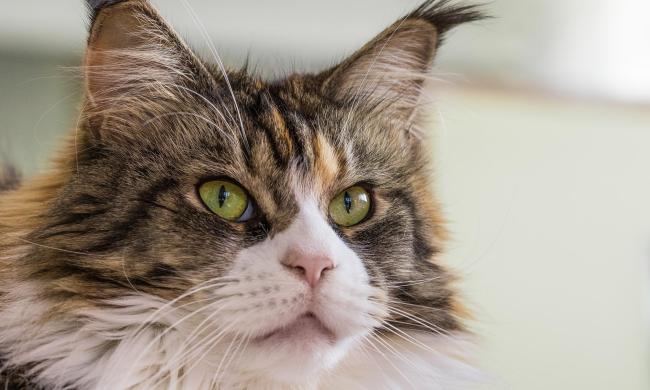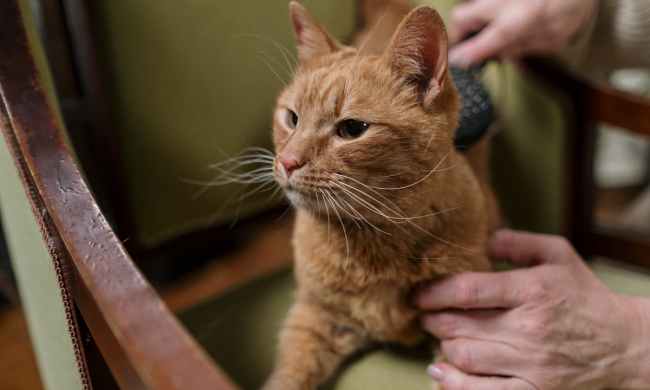While nothing is more adorable than a playful kitten, adult cats carry an air of elegance and mystique. Some cats retain their kittenish qualities throughout their lifetime, while others become a purring personification of dignity and grace. Yet one thing remains the same: no matter your cat’s age, you’ll always consider your little furball your precious baby. But have you ever wondered, “When does a kitten become a cat?” We’ll give you the scoop on when a kitten can be considered a grown cat and cover some milestones she should hit along the way.
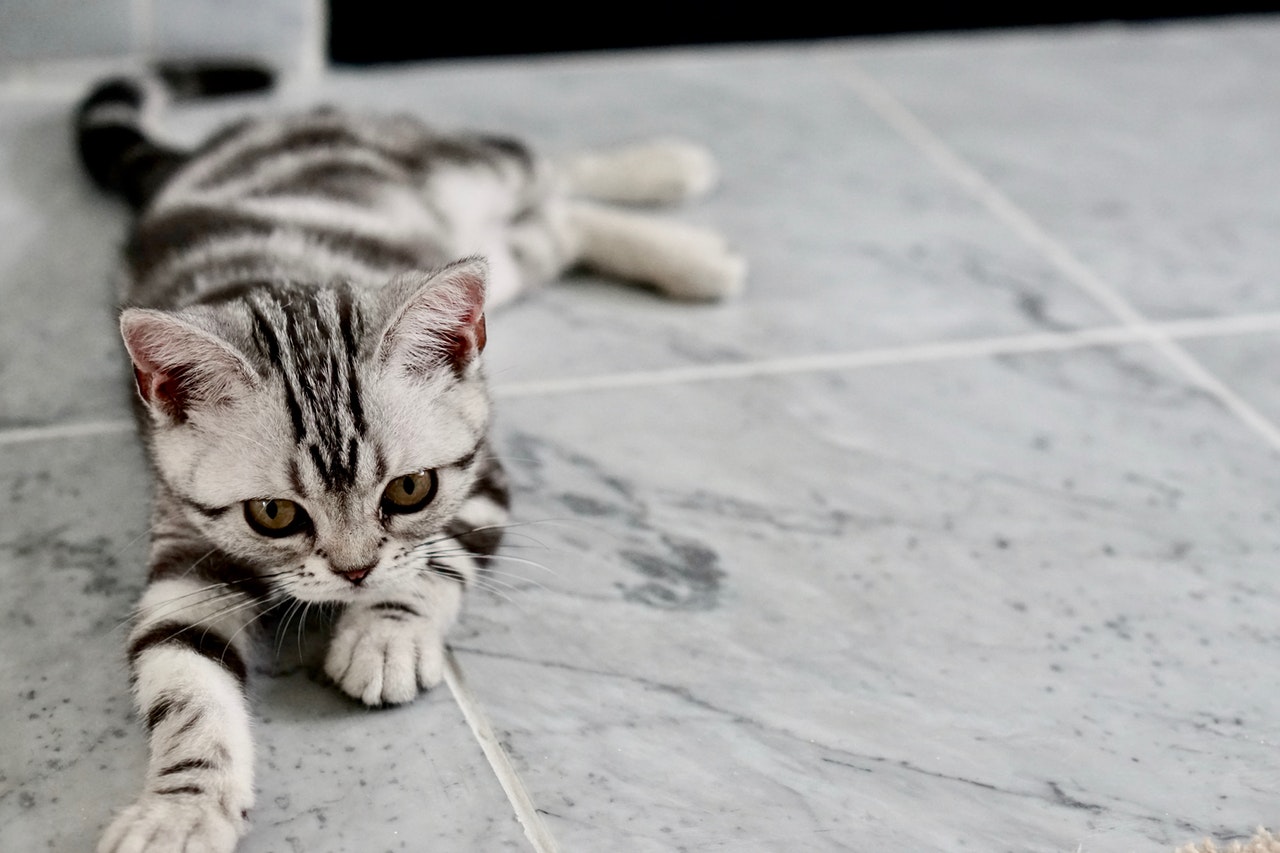
At what age does a kitten become a cat?
Kittens develop rapidly in their first few weeks. They are born deaf and blind, and they can’t walk until they’re several weeks old. Your kitten’s eyes will be fully open by two weeks, and by three weeks her hearing will be fully developed. At one month of age, your kitten will be able to use the bathroom on her own, her deciduous teeth – also known as milk teeth or baby teeth – have begun to erupt through her gums, and you can begin weaning your kitten from her milk- or formula-exclusive diet. By the time your kitten is 12 weeks old, she’s ready to come home with you or be adopted by her new forever family.
When your kitten reaches five to six months of age, you can safely have her spayed. She probably looks like she’s fully grown at this point. (Large cat breeds like Maine Coons are the exception to the rule, as they don’t reach their full size until they’re 3 to 4 years old.) However, while your kitten may resemble an adult as early as six months of age, she still needs to eat a diet formulated to provide growing kittens with the essential protein, vitamins, and minerals required for healthy development until she’s 12 months old. When your kitten is 1 year old, she’s officially considered an adult cat, and you can safely transition her from her diet of kitten food to a formula tailored to meet the needs of adult cats. Experts recommend mixing in a small amount of her new food into her old food, increasing the amount of new food each day for a week. A slow transition helps your cat adjust to her new diet while minimizing stomach upset.
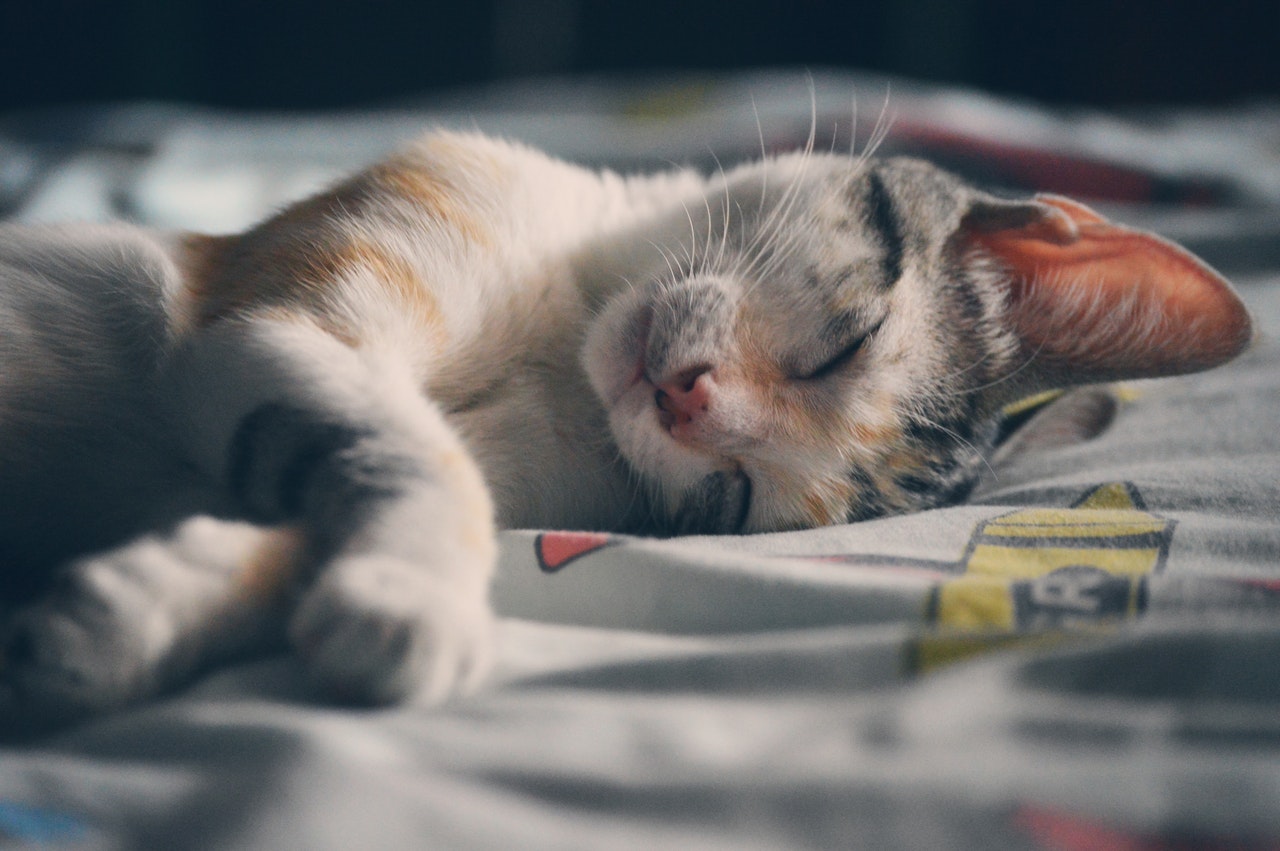
At what age do kittens become independent?
Depending on their definition of the word, many pet parents consider their cat independent when she reaches adulthood – at 12 months of age – or when she’s old enough to explore, use the litter box on her own, and eat dry kibble. Kittens grow more independent between the ages of 2 and 6 months. At this stage of development, your kitten’s razor-sharp deciduous teeth will fall out and be replaced by her permanent teeth. When kittens are 8 weeks old, you’ll be able to wean them off their mother’s milk (or formula if you’ve been bottle-feeding them) completely, and your fur babies should have the hang of using a litter box.
However, kittens really become independent at around the six to eight-month mark. If kittens had official teenage years, this time period is the most fitting comparison. By the time kittens reach six months of age, they’ve become familiar with their environment, and their personalities have fully developed. When kittens are 8 to 12 months old, they’ve more or less reached their full size (with a few exceptions), all their adult teeth have erupted, and they have developed most of their adult social skills.
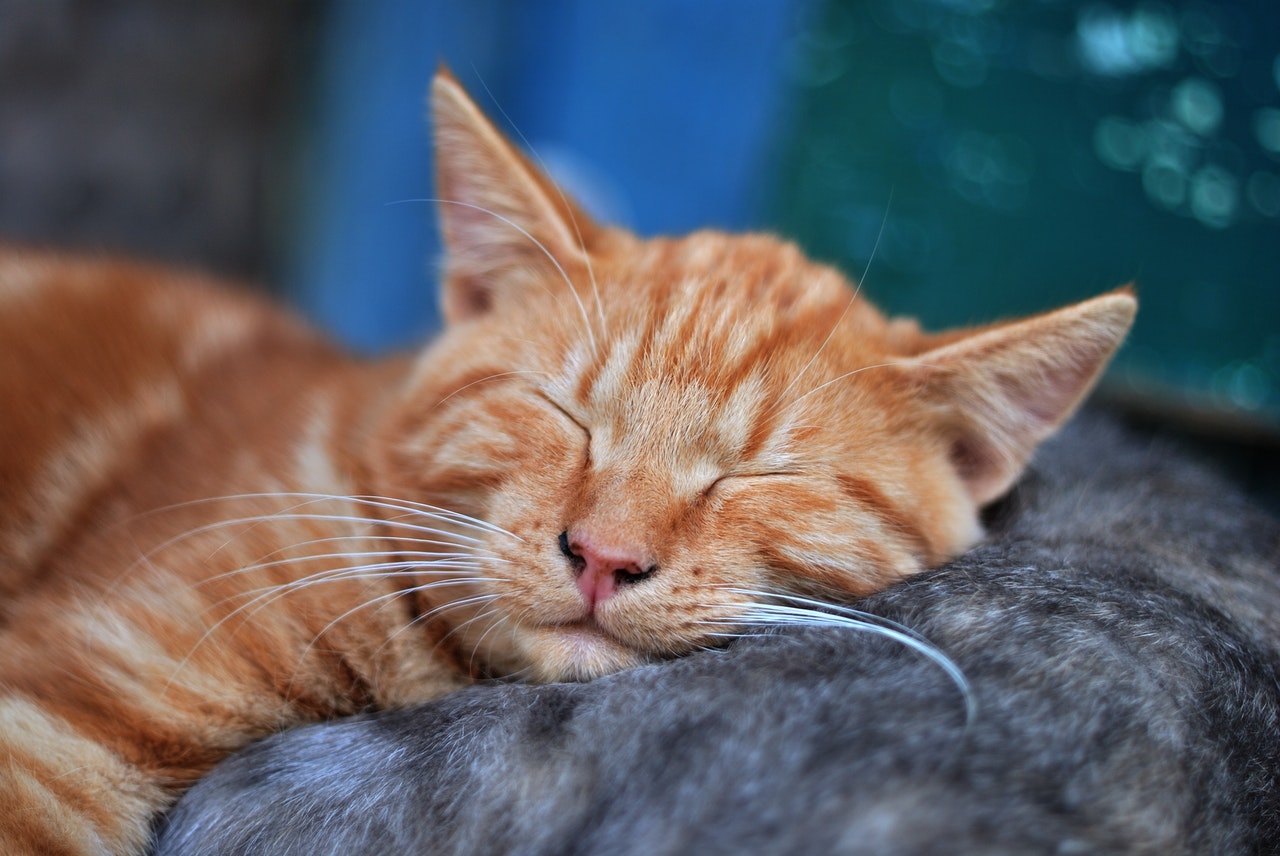
Helping your kitten become independent
Just like young puppies, young kittens have short attention spans. You can begin training your kitten to use the litter box at around three to four weeks of age, though she may not master the art until she’s eight weeks old. In addition to litter box training, you may want to begin behavioral training when your kitten is six to eight weeks old. Training is a bonding experience between fur babies and pet parents, and it also helps alleviate common cat behavioral problems like fearfulness, anxiety, scratching, biting, and eliminating outside the litter box. You want your kitten to grow up to be a happy, healthy, and well-adjusted adult. By feeding her the appropriate diet, keeping on top of her vaccinations, and training her to obey your commands, your tiny bundle of kittenish cuteness will blossom into a mature, well-behaved cat.

